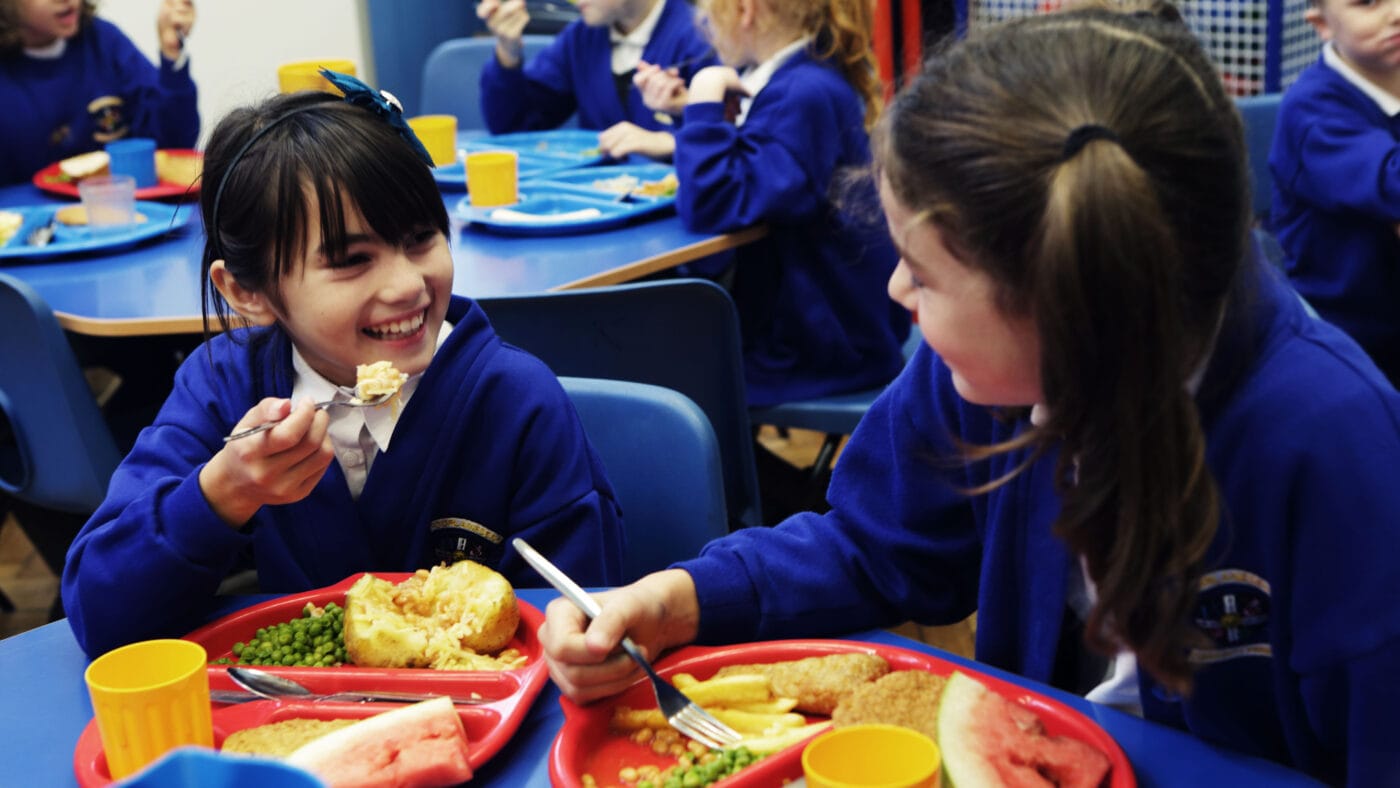The latest pet project from Labour’s small but vocal Corbynite faction is removing charitable status from private schools to pay for free school meals for all primary school pupils. One of the leading lights of the Labour left, Zarah Sultana, put this forward in Parliament a few weeks ago with the first reading of her School Meals for All Bill.
Sultana pitches herself as a modern-day Robin Hood, advocating for a policy that would, in her words, ‘improve the opportunities for all kids’ instead of ‘protecting elite private schools’. And who among us could possibly object to such iron-cast reasoning, couched in such melodramatic terms?
As ever though, the superficial appeal of a populist policy falls apart once you actually delve into its implications.
For starters, let’s examine the idea that getting rid of charitable status would be a boon for the Treasury. This one isn’t just a hobby horse of Sultana and co, it’s also been floated by Sir Keir Starmer, who claims that adding VAT to school fees would raise £1.7bn in extra tax.
The problem is that removing charitable status would mean adding 20% VAT to fees, pricing out many pupils. That would not only make private schools more elitist, but it would also lead to an influx of thousands of kids into the state system, as this report from the Independent School Council (ISC) sets out in detail. The exact numbers are up for debate (the ISC estimates as many as 90,000), but it’s not exactly a stretch to suggest that more expensive fees will mean some parents being unable to send their kids private, meaning the cost of educating them will fall on the taxpayer.
Official Labour policy is to spend their hypothetical revenue stream on thousands of new teachers, while Sultana thinks it would be better deployed providing free school meals for all primary school pupils (‘twice over’, she claims).
The first issue with this is, as noted above, the revenue stream for is hugely uncertain – which is the problem for any policy where a tax rise here pays for a specific policy there (the sugar tax to finance school sport is a fine example). If the tax take doesn’t materialise, you just end up funding the policy out of general taxation anyway.
But let’s assume that tax revenue is coming in, for argument sake – would giving all primary school pupils free meals be a good use of it?
This is one of those policies that sounds unobjectionable, and that is hard to oppose without inciting inane tweets about ‘wanting to take food away from kids’. In reality, though, it’s completely tokenistic.
For one thing, the Government already provides free school meals for nearly 2 million children in England and Wales. That includes free school meals for all pupils up to Year 2 in England, and free meals for older pupils on a means-tested basis if their parents are on income-related benefits and don’t earn more than £7,400 a year.
Now, most of us wouldn’t quibble with children from poor households being given a subsidy for their school dinners. But what Sultana is proposing is to expand the already mistaken policy of offering universal school meals to even more children. That might sound kind and progressive – who doesn’t like giving children food, after all? – but it’s really a boon to wealthier households who can comfortably afford to pay for their kids’ lunches. The irony is that a tubthumping socialist is actually proposing something that would help the well-off – though perhaps she considers that a price worth paying if it means yet another expansion of the state’s role.
Thankfully, Sultana remains an opposition MP and her Ten Minute Rule Bill doesn’t have the faintest hope of ever becoming legislation. In the meantime, she’ll have to stick to publishing ‘gotcha’ tweets about what rotten scoundrels the Tories are, instead of worrying about what her half-baked policy proposals would mean in reality.
Click here to subscribe to our daily briefing – the best pieces from CapX and across the web.
CapX depends on the generosity of its readers. If you value what we do, please consider making a donation.


